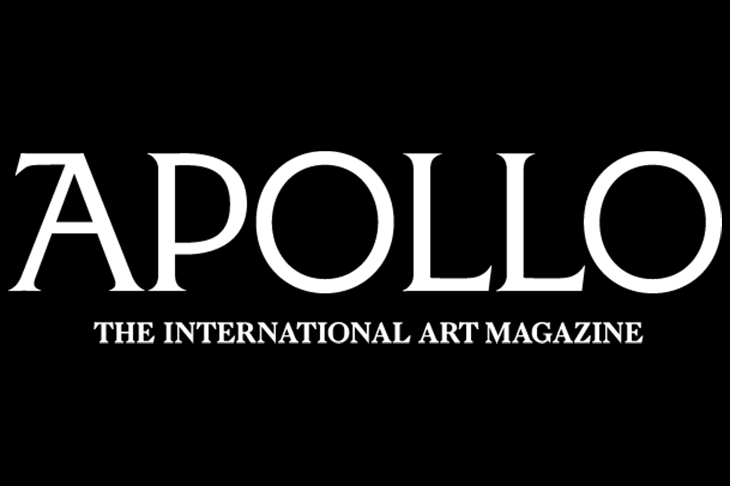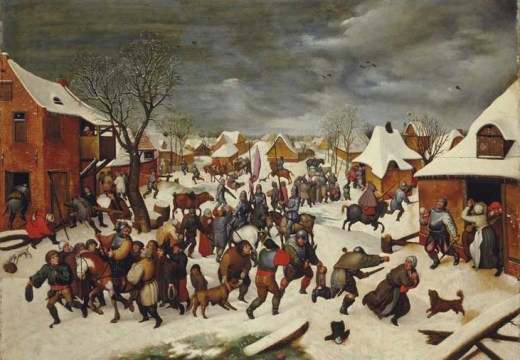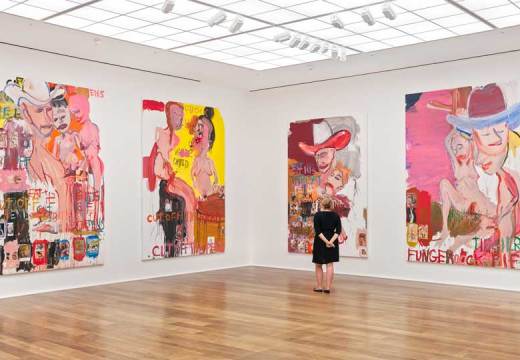Some of the stories and discussions we’ve spotted online this week:
Could ‘orphan’ artworks be brought in from the cold?
A new licensing scheme in the UK could give people the right to reproduce photos, diaries, letters and recordings when the copyright owner is unknown. The estimated 91 million ‘orphan works’ include Alfred Wallis’s written works in the Tate collection.
Turkish library and museum destroyed
The Turkish media has reported that the Ziya Gokalp House Museum in Diyarbakir has been destroyed by pro-Kurdish demonstrators, apparently in protest against the government’s failure to take action against the so-called Islamic State, which has laid siege to the nearby Syrian town of Kobani.
Picasso Museum finally reopens in Paris
After five long years and a string of controversies including soaring costs and a high-profile sacking, the Picasso Museum has finally reopened in Paris. The gallery opened its doors on Saturday 25 October, Picasso’s birthday.
Mr. Turner goes to the cinema
Mike Leigh’s long-awaited biopic of J.M.W. Turner goes on general release this week. The director spoke to Thomas Marks for Apollo’s October podcast.
Rijksmuseum opens its new Philips Wing
The Rijksmuseum celebrates the latest stage of its renovation programme this week. On Saturday it opens its new wing with an exhibition of modern photography – a first for the museum.
No more public art for Minneapolis?
Betsy Hodges, the mayor of Minneapolis, would like to do away with all funding for public artworks in the city. If her budget is approved, this will not only put a halt to new commissions, but prevent maintenance work on existing sculptures.
Gillian Wearing’s very ‘ordinary’ statue
Meanwhile, Birmingham (UK) has gained a brand new public artwork designed by the Turner prize-winning artist Gillian Wearing. Her brief was to celebrate a ‘real Birmingham family’; she chose the sisters Roma and Emma Jones and their two sons as her subject, to represent the ordinary people who make up the busy city.
Unlimited access from just $16 every 3 months
Subscribe to get unlimited and exclusive access to the top art stories, interviews and exhibition reviews.














![Masterpiece [Re]discovery 2022. Photo: Ben Fisher Photography, courtesy of Masterpiece London](http://www.apollo-magazine.com/wp-content/uploads/2022/07/MPL2022_4263.jpg)
It’s time for the government of London to return to its rightful home